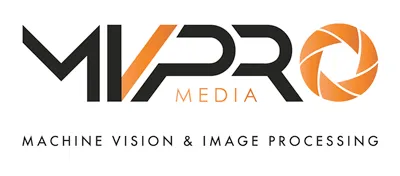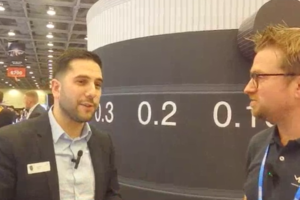Intel has announced the first phase of its plans to invest as much as €80 billion in the European Union over the next decade along the entire semiconductor value chain, from research and development (R&D) to manufacturing and state-of-the-art packaging technologies.
The announcement includes plans to invest an initial €17 billion into a leading-edge semiconductor fab mega-site in Germany, to create a new R&D and design hub in France, and to invest in R&D, manufacturing and foundry services in Ireland, Italy, Poland and Spain. With this investment, Intel plans to bring its most advanced technology to Europe, creating a “next-generation” European chip ecosystem and addressing the need for a more balanced and resilient supply chain.
Pat Gelsinger, CEO of Intel, said: “Our planned investments are a major step both for Intel and for Europe. The EU Chips Act will empower private companies and governments to work together to drastically advance Europe’s position in the semiconductor sector. This broad initiative will boost Europe’s R&D innovation and bring leading-edge manufacturing to the region for the benefit of our customers and partners around the world. We are committed to playing an essential role in shaping Europe’s digital future for decades to come”.
The investment program is centred around balancing the global semiconductor supply chain with a major expansion of Intel’s production capacities in Europe. In the initial phase, Intel plans to develop two first-of-their-kind semiconductor fabs in Magdeburg, Germany, the capital of Saxony-Anhalt.
Planning for the fabs will start immediately, with construction expected to begin in the first half of 2023 and production planned to come online in 2027, pending European Commission approval. The new fabs are expected to deliver chips using Intel’s Angstrom-era transistor technologies, serving the needs of both foundry customers and Intel for Europe and globally as part of the company’s IDM (integrated device manufacturer) 2.0 strategy.
Intel says Germany is an “ideal place” to establish a new hub – a “Silicon Junction” – for advanced chipmaking. Intel plans to initially invest €17 billion, creating 7,000 construction jobs over the course of the build, 3,000 permanent high-tech jobs at Intel, and tens of thousands of additional jobs across suppliers and partners.
Intel is also continuing to invest in its Leixlip, Ireland, expansion project, spending an additional €12 billion and doubling the manufacturing space to bring Intel 4 process technology to Europe and expand foundry services. Once complete, this expansion will bring Intel’s total investment in Ireland to more than €30 billion.
In addition, Intel and Italy have entered into negotiations to enable a state-of-the-art back-end manufacturing facility. With a potential investment of up to €4.5 billion, this factory would create approximately 1,500 Intel jobs plus an additional 3,500 jobs across suppliers and partners, with operations to start between 2025 and 2027.
In total, Intel plans to spend more than €33 billion on these manufacturing investments. By increasing its manufacturing capacities across the EU, Intel states that it would “lay the groundwork” to bring various parts of the semiconductor value chain closer together and increase supply chain resiliency in Europe.
In addition to manufacturing investments, Intel plans investments in R&D, linking them to Intel’s manufacturing plans to boost the circle of innovation in Europe, including providing small and medium enterprises (SMEs) better access to cutting-edge technologies. For example, around Plateau de Saclay, France, Intel plans to build its new European R&D hub, creating 1,000 new high-tech jobs at Intel, with 450 jobs available by the end of 2024.
France will become Intel’s European headquarters for high-performance computing (HPC) and artificial intelligence (AI) design capabilities. In addition, Intel plans to establish its main European foundry design centre in France, offering design services and design collaterals to French, European and worldwide industry partners and customers.
In Gdansk, Poland, Intel is increasing its lab space by 50% with a focus on developing solutions in the fields of deep neural networks, audio, graphics, data centre and cloud computing. The expansion is expected to be completed in 2023.
Intel further expects these investments to strengthen its relationships with European research institutes across the continent, including IMEC in Belgium, Technical University Delft in the Netherlands, CEA-Leti in France and the Fraunhofer Institutes in Germany. Intel is also developing partnerships in Italy with Leonardo, INFN and CINECA to explore advanced new solutions in HPC, memory, software programming models, security and cloud.
You can find more information about Intel and its plans to invest in the European Union on its website.
Stay up to date with the most recent automation, computer vision, machine vision and robotics news on Automate Pro Europe, CVPro, MVPro and RBPro.
















